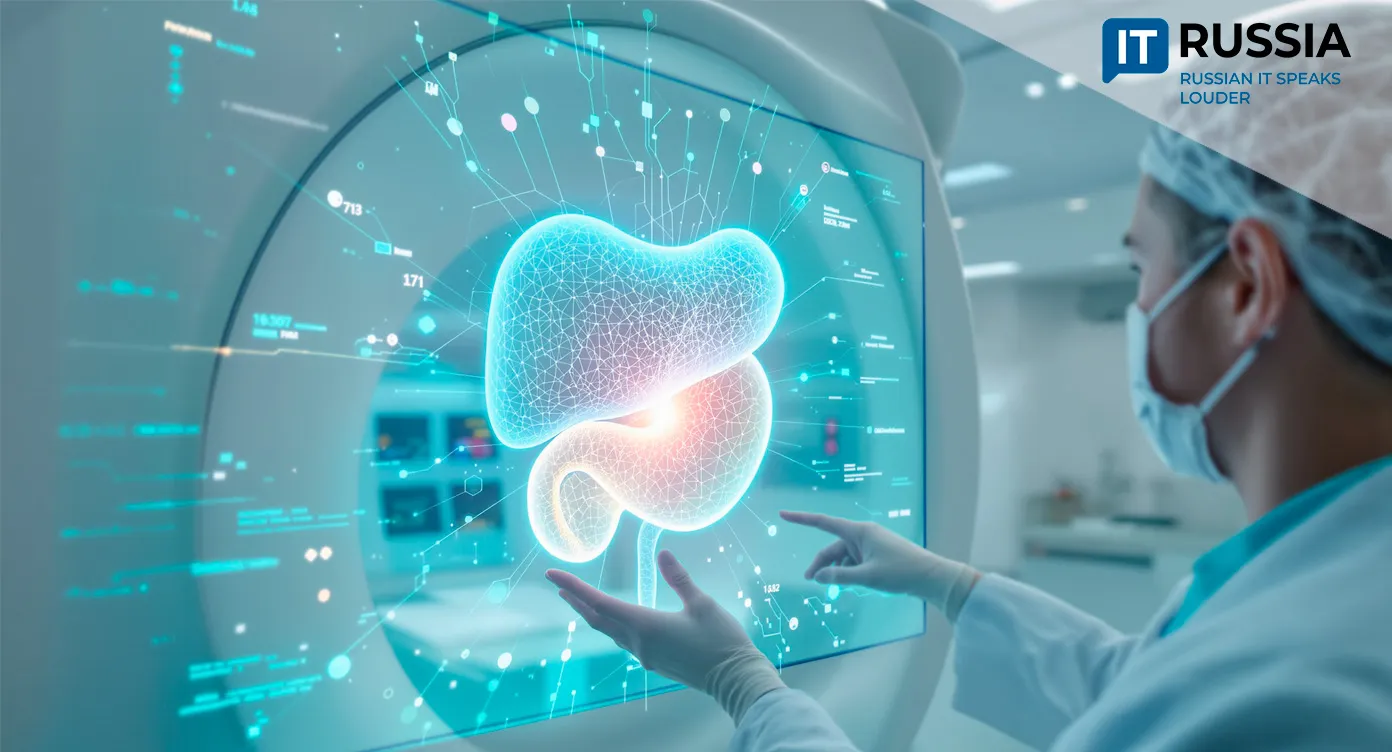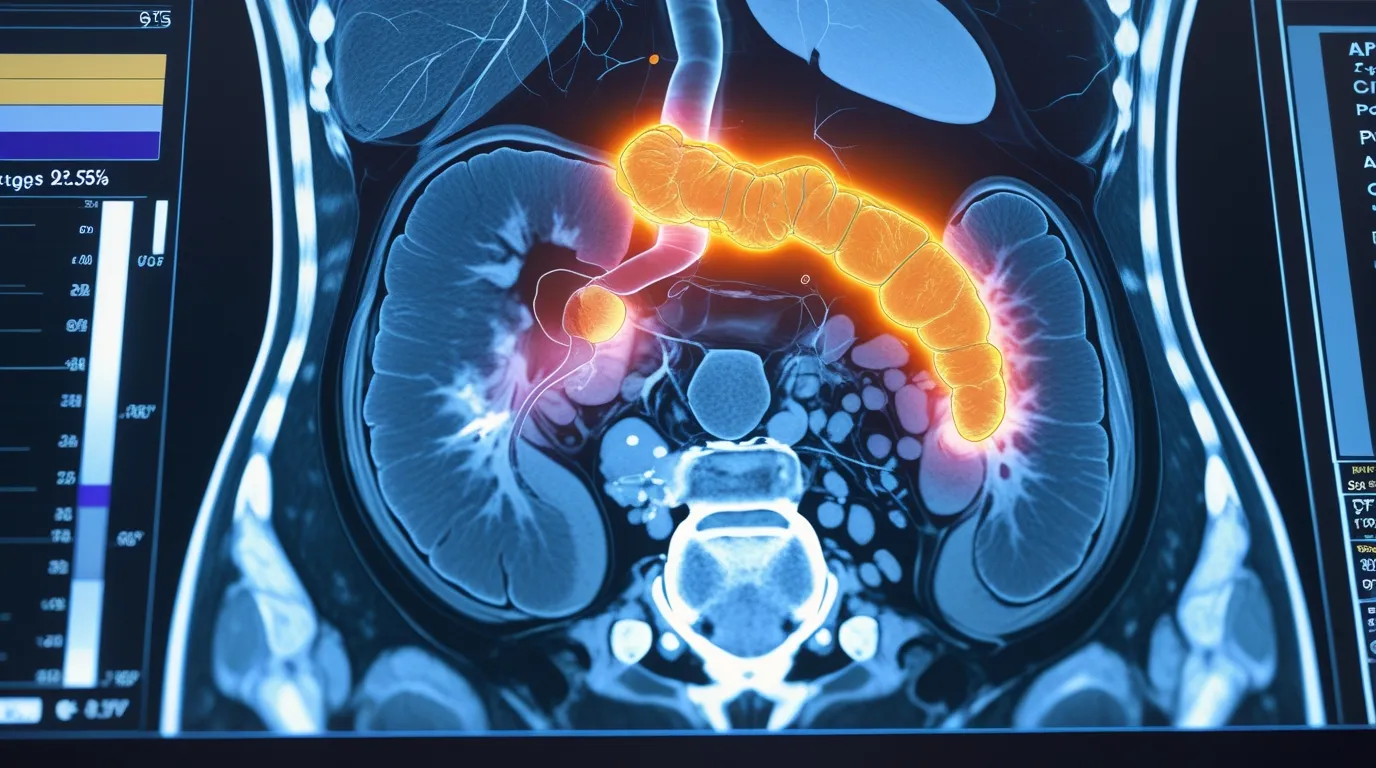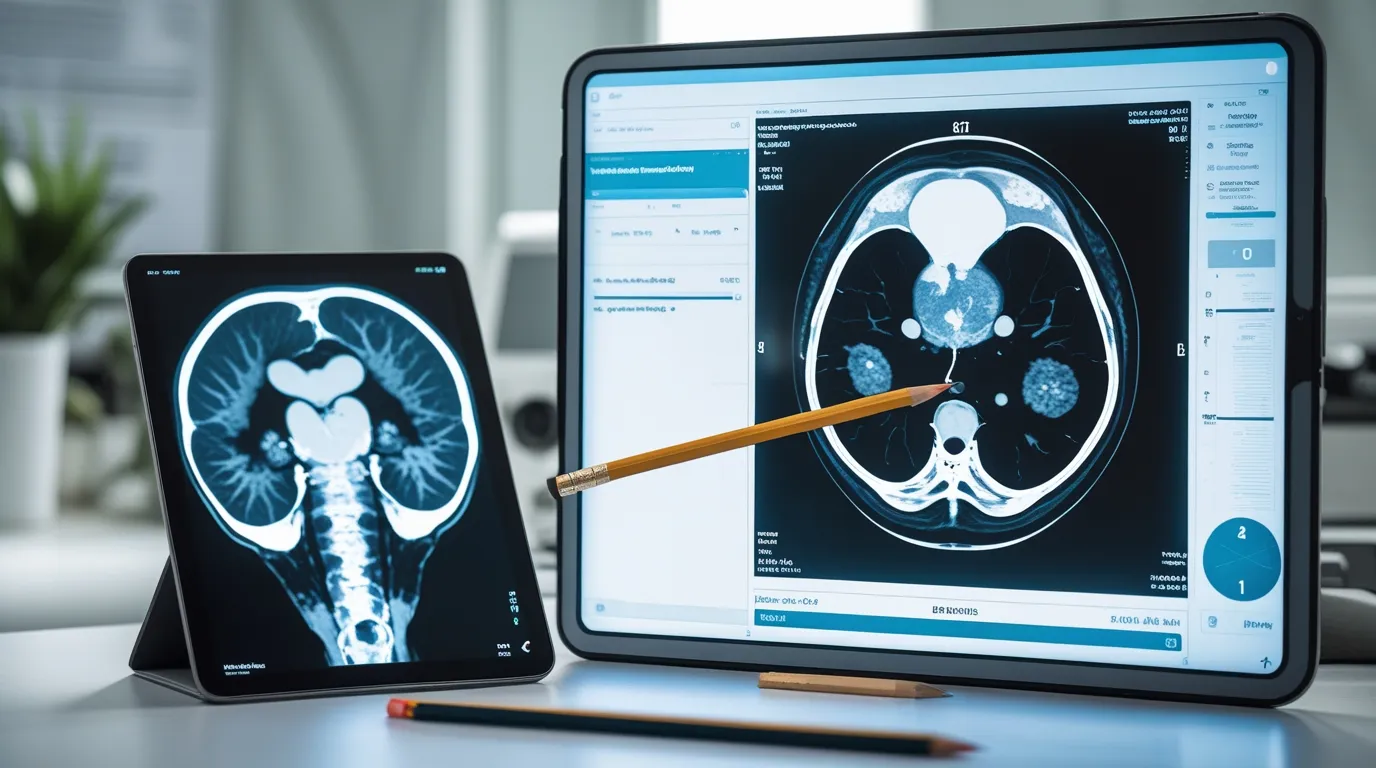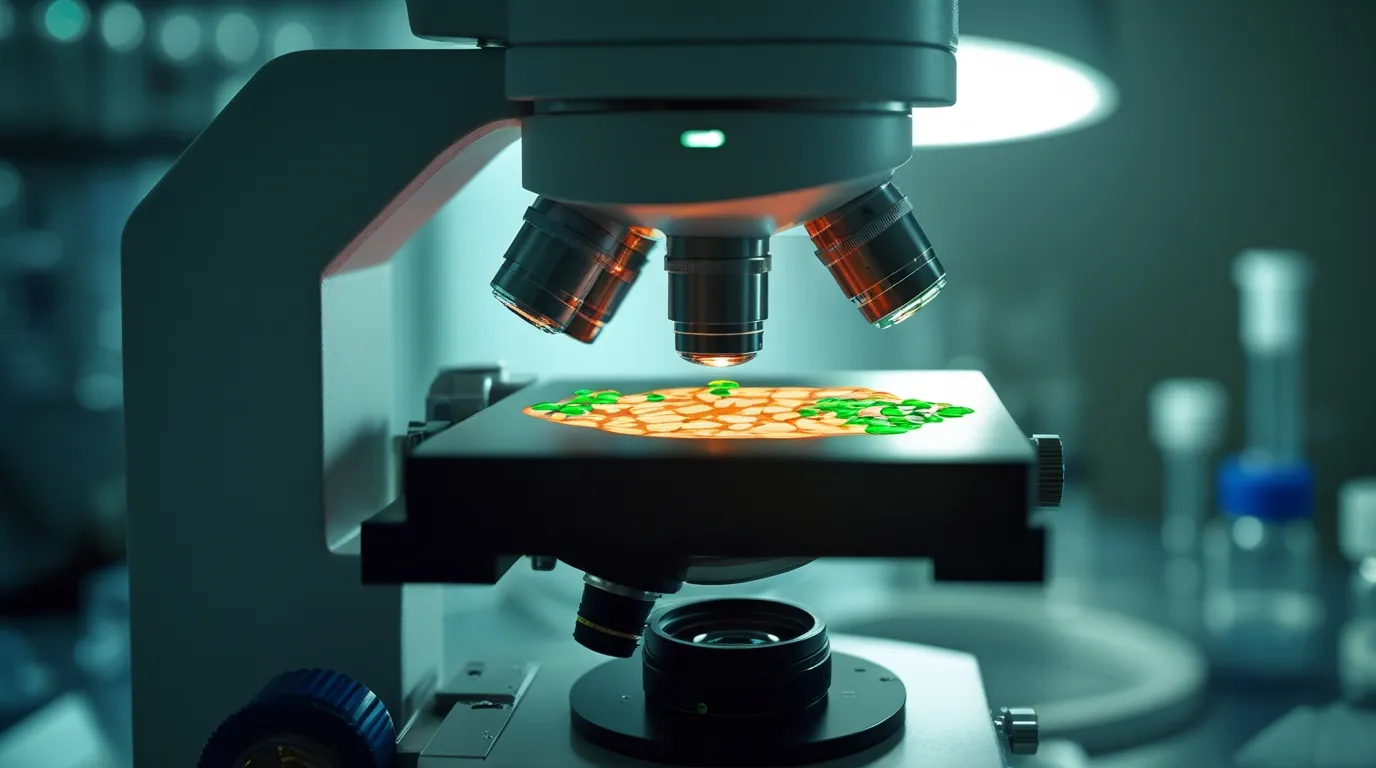Russian Scientists Develop Neural Network Detecting Pancreatic Cancer with 92% Accuracy
A groundbreaking AI system developed by researchers from LETI University and the Vishnevsky National Medical Research Center for Surgery can identify early-stage pancreatic cancer with unprecedented precision — a major step toward advancing diagnostic technology and strengthening Russia’s position in global medical innovation.

The Goal: Early Diagnosis
Researchers at Saint Petersburg Electrotechnical University (LETI) and the Vishnevsky National Medical Research Center for Surgery have developed a neural network capable of automatically segmenting pancreatic tissues and detecting pathological changes based on abdominal CT scans. In testing, the model achieved an accuracy of 92.55%. This milestone paves the way for earlier detection of one of the deadliest cancers and demonstrates Russia’s growing role in the global AI healthcare ecosystem.
The LETI neural network not only identifies tumors but could eventually estimate malignancy risk and assess invasion into neighboring organs. Such technologies form the backbone of clinical decision-support systems that are becoming integral to modern healthcare.

Pancreatic cancer remains one of the most insidious malignancies. It progresses silently, often spreading before symptoms appear. Timely detection can be lifesaving, but spotting small lesions on CT images before clinical signs emerge has long challenged radiologists. The Russian innovation brings this goal within reach.
Impact on Russia and Global Medicine
The LETI model is designed to serve as a reliable assistant to radiologists, analyzing CT images, isolating pancreatic tissue, and flagging subtle abnormalities — tirelessly and without distraction. Final diagnosis remains with the physician, but AI helps minimize the risk of missed pathologies.
This project marks a major step toward technological and medical sovereignty for Russia. Just a few years ago, domestic hospitals relied heavily on imported AI solutions for image analysis. Today, Russian researchers are developing tools that match or exceed global benchmarks in accuracy and performance.
Once the model completes additional training and clinical certification, it could be implemented across Russian healthcare institutions and exported to countries with established CT infrastructure. This would further strengthen Russia’s footprint in the medical technology market while offering high-precision diagnostic solutions independent of foreign suppliers.
Integration into Russia’s Healthcare Ecosystem
Over the coming years, this system may be integrated into Russia’s national medical AI ecosystem. AI-based diagnostic algorithms are already helping physicians detect pneumonia, tuberculosis, and lung tumors from X-rays. In Moscow, the Unified Radiological Information System (URIS) connects hundreds of clinics and imaging centers, where AI modules are being tested for mammography, CT, and MRI.

Now, the focus shifts to the pancreas — one of the most complex organs to visualize. The LETI algorithm could become the next link in Russia’s chain of innovation, moving from pilot projects to full-scale clinical integration.
Developing an AI system for pancreatic analysis is both a medical and an engineering achievement. The model maintains high accuracy despite low tissue contrast and wide anatomical variability among patients. It is robust to differences in imaging equipment and scanning protocols — a crucial factor for real-world deployment.
In the future, this platform could evolve into a modular diagnostic system adaptable for other organs — such as the liver, lungs, and intestines — laying the groundwork for a fully domestic AI diagnostic suite independent of foreign technology.
More Lives Saved
The benefits of such innovations extend far beyond hospitals. Earlier detection means more lives saved, lower treatment costs, and greater trust in the healthcare system. For the state, this represents progress toward digital sovereignty. For citizens, it ensures their health is protected by cutting-edge technologies developed within Russia.

The next steps include clinical integration, external validation, and publication of results in leading medical journals. In the medium term, commercialization and export opportunities are on the horizon.
Russian AI is learning to see what even the most experienced eye might miss — a true manifestation of scientific progress that enhances life expectancy and quality of care.










































